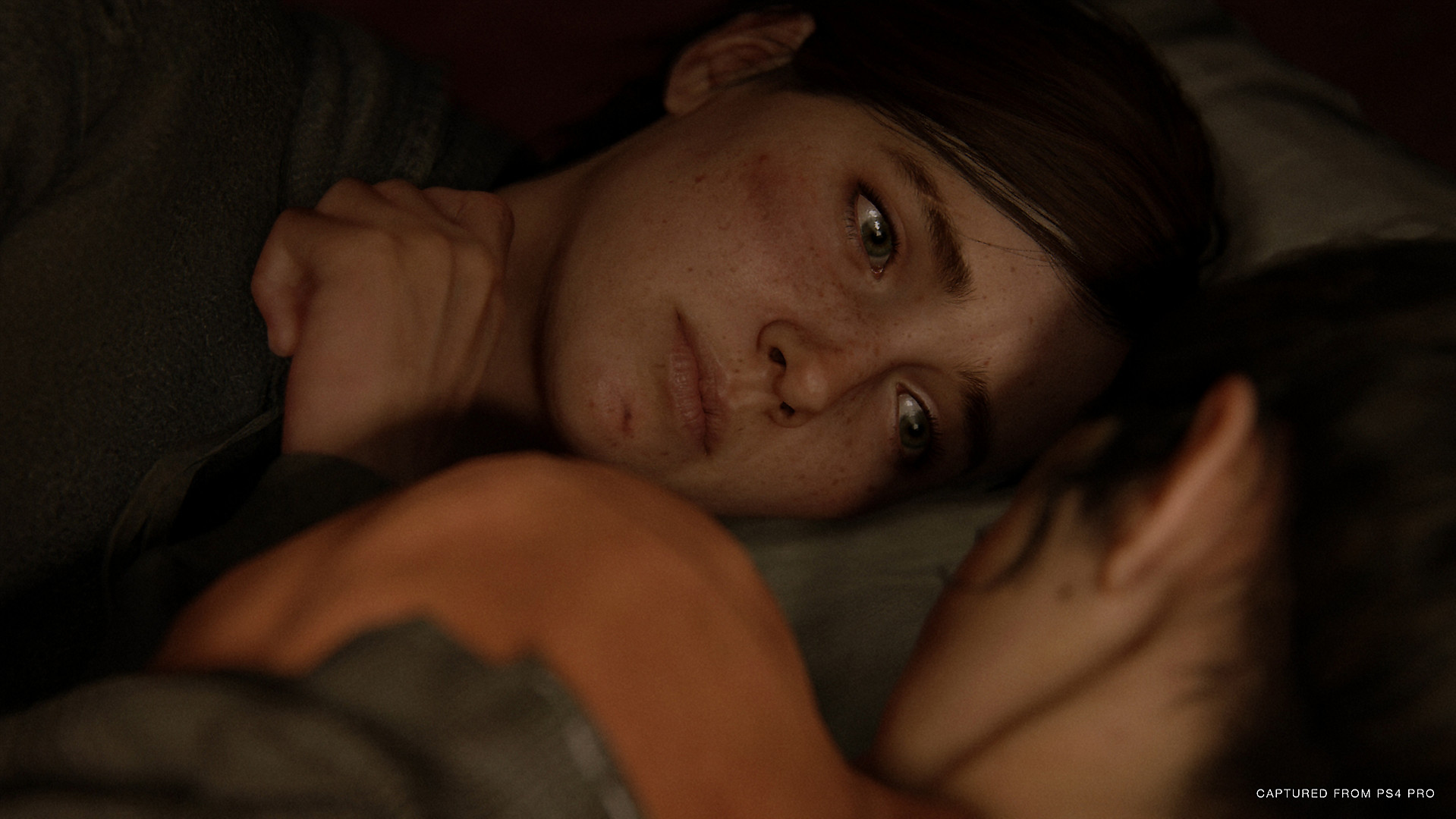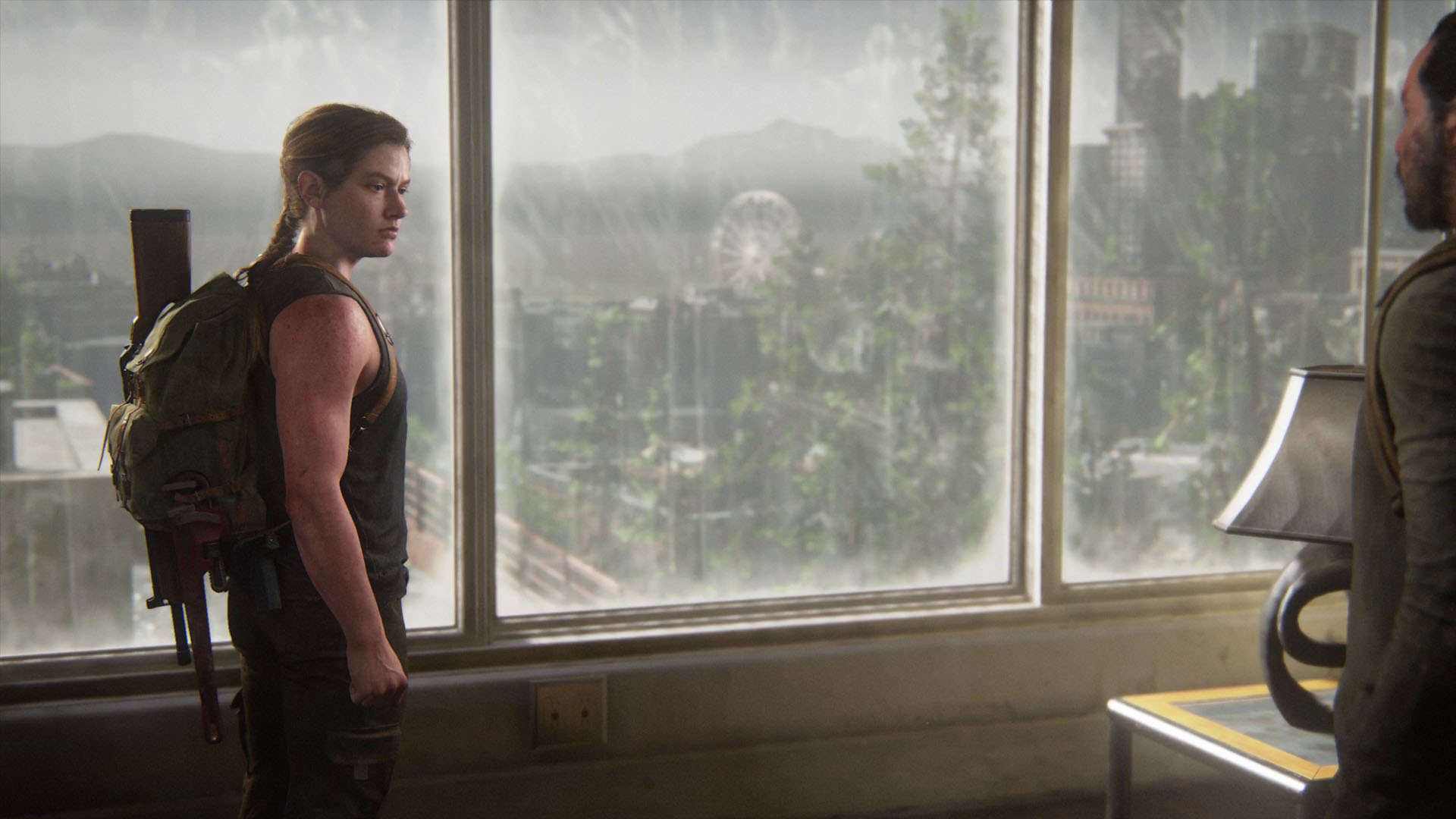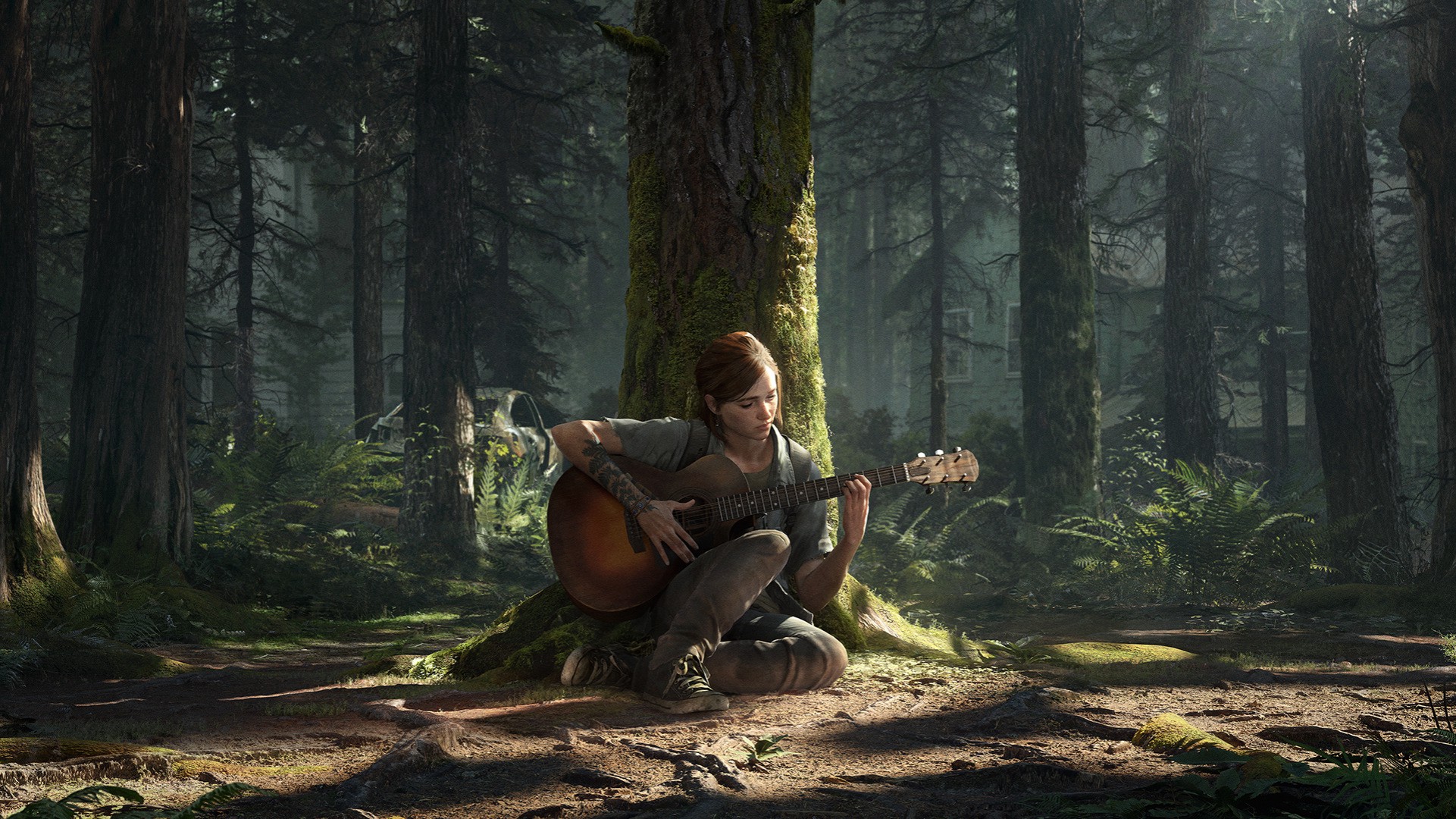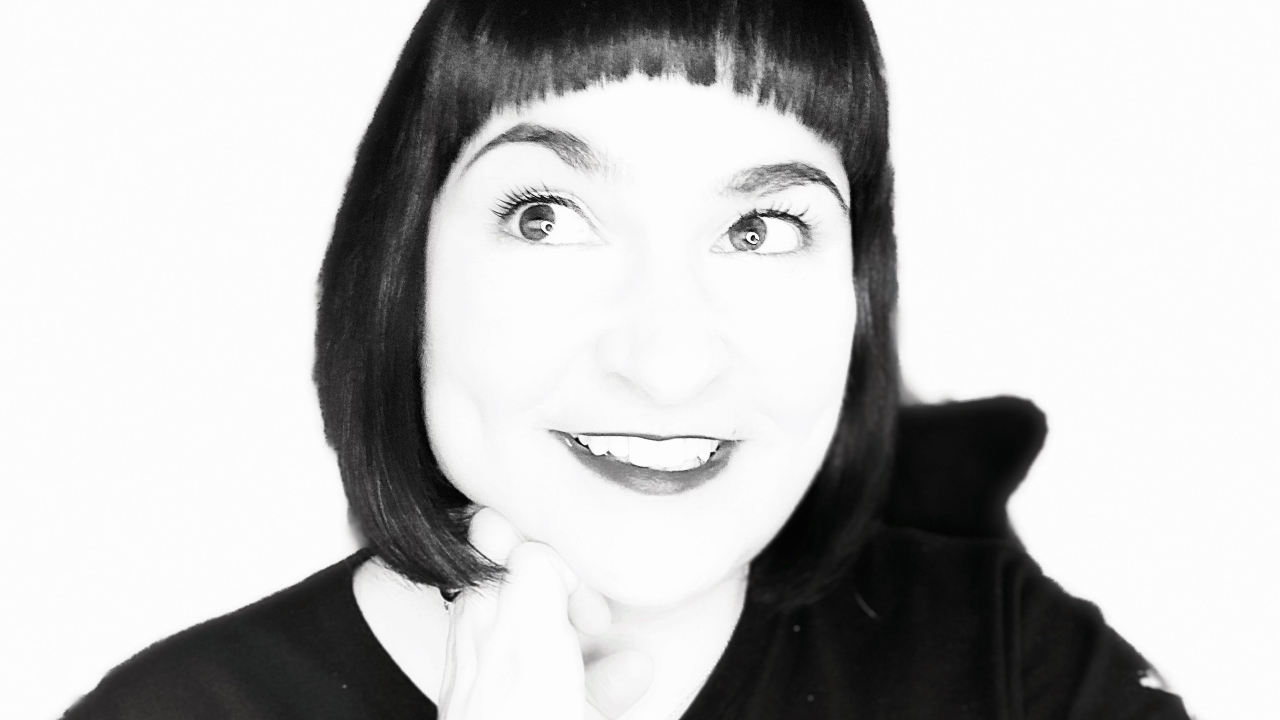The Last of Us 2, complicated women, and survival
Co-writer Halley Gross on the creation of the game's incredible women

**spoiler warning**
The women of The Last of Us 2 are strong. The women of The Last of Us 2 are in pain. The women in The Last of Us 2 are protectors, and destroyers, and heroes, and monsters. The women of The Last of Us 2 are complicated, and for all the discomfort that brings about as you walk in their shoes, it marks an incredible step forward for the portrayal of women in games. In Abby and Ellie, The Last of Us has two faces, and while they couldn't be more at war, they each reflect the world they were born into.
"They've had to survive in this world for their entire lives," explains Halley Gross, co-writer on the project. "But that doesn't mean that you have to be homogenous."
"They're all surviving in different ways. Ellie's gameplay style is more stealthy – having to go prone, having to be more calculating – versus Abby who's just, you know... Neil [Druckmann] had a great description of her as the personification of revenge or wrath. She is just a tank. How to survive is different for different people. We want to reflect that kind of diversity."

Dear Abby
To me, Abby – and judging by the love for her on social media, to other fans of the game – was a revelation. Not just physically – although her body is incredible, strong, and powerful and a realistic reflection of the life she leads – but mentally too.
It's something we've seen in books and movies, female characters who aren't there to be likable, who demand respect even as they make terrible mistakes. Ellie's thirst for revenge could have been presented as a heroic endeavor, but Naughty Dog tried, and succeeded, to make it harder and harder to be on her side as she goes on her tear across Seattle. Ellie becomes the pursuer, the killer, and the very things you've seen as her quest to become unforgivable acts of violence. Meanwhile, Abby – who seems to commit an irredeemable offense in the early hours of the game – somehow becomes the heart of the story.
"You're looking at Abby and you're looking at this hate that drove her for four years, that made her put a golf club in her hands and brutalize a character we love so much, and then you have to ask yourself what did that hate get her? It alienated her from her friends. It didn't give her closure. What gave her closure was investing in other people, was getting past that hate, that wrath, those baser impulses and moving toward serving others."
Sign up to the GamesRadar+ Newsletter
Weekly digests, tales from the communities you love, and more

Family planning
Of course, Ellie and Abby aren't the only complicated characters or the only ones that break boundaries in the game. When was the last time you saw a heavily pregnant character at your side in combat in a game? When was the last time a blockbuster game was able to deal with issues of gender identity so sensitively?
"A huge amount of care went into the development of these characters, but what's amazing about Naughty Dog is there is so much focus on story and character – everybody wanted to do what was most authentic and best for these characters," explains Gross. "So everything was thought about. Like, which weapon are we going to give Mel because she's pregnant and she's probably got to keep a distance from the infected in a way that the other characters don't?"
What's most surprising is that Naughty Dog doesn't have to do any complicated mind tricks to make this happen, it just delivers bloody good writing and performances that worm under your skin and live there, squirming and growing as the death toll mounts up. Maybe that is a kind of magic, but it feels much more honest than that. The two timelines force you to see your actions as Ellie or Abby from a different perspective but never try to excuse either character's choices. It's a mature, complicated narrative, and one that left me shaken, and sad, and thinking about the game long after the brutal finale.
"I would say our focus wasn't very external. Our first priority was telling an authentic story about the cycle of violence and expounding on this world," says Gross. "But also what you're experiencing is exactly what we were hoping, right? We don't want to be prescriptive on what you take away from this, on where you land, we don't want to have heroes and villains. But we want you to be asking interesting questions of yourself, of your world, of your preconceived notions of other people. We want it to linger with you and perhaps, perhaps, make people ask questions that they haven't asked before."

Rachel Weber is the former US Managing Editor of GamesRadar+ and lives in Brooklyn, New York. She joined GamesRadar+ in 2017, revitalizing the news coverage and building new processes and strategies for the US team.


